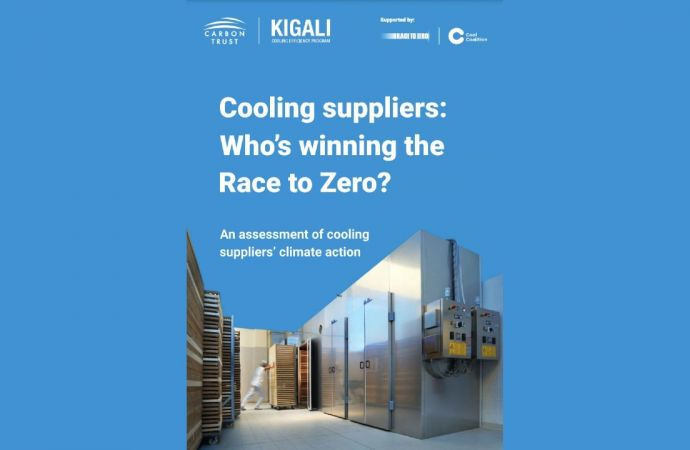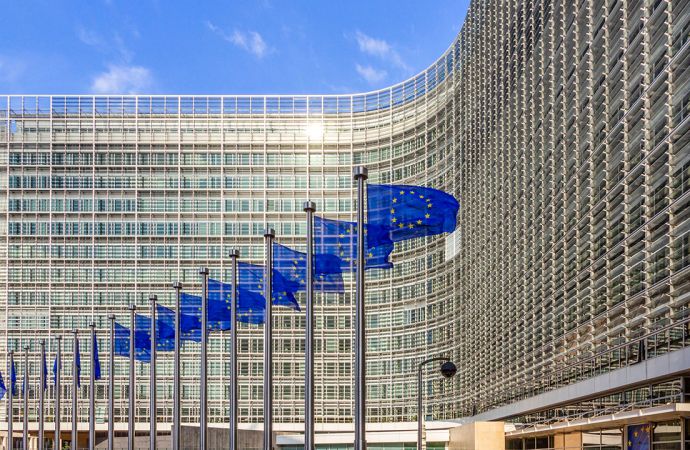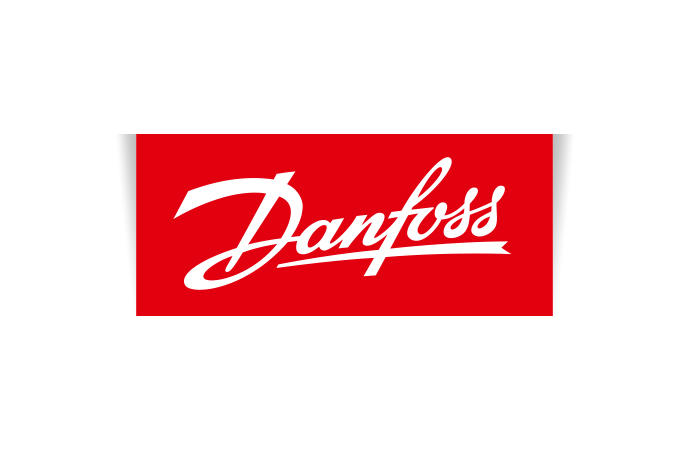Last Wednesday, the Associated Press reported that the US administration is seriously considering an amendment to the Montreal Protocol to include the regulation of HFC emissions. Meanwhile, a similar concrete proposal was put forward by Micronesia and Mauritius, two island nations that will suffer from rising sea levels due to Global Warming.

On 29 April, the Associated Press (AP) released news according to which the Obama administration is leaning towards asking 195 nations that ratified the U.N. Montreal Protocol ozone treaty to also enact mandatory reductions in hydrofluorocarbons. The proposal, which would expand the scope of the ozone treaty to also cover global warming concerns, needs to be submitted by today so that it is in time to be considered at a meeting in November by parties to the Montreal Protocol. While the US is considering putting forward such a proposal, two island nations, namely the Federated States of Micronesia and Mauritius, did actually file a proposed amendment to regulate HFCs under the Montreal Protocol ozone treaty on 30 April, urging the 195 nations that signed on to the U.N. ozone treaty to reduce consumption of HFCs by 90 percent by 2030.
Rationale of the US “preferred option”
AP reports that an EPA technical expert said that the Montreal Protocol created virtually the entire market for HFCs and, therefore, including them in the treaty would resolve a problem of its own making. The same source further reports that scientists utter that eliminating the use of HFCs would spare the world an amount of greenhouse gases up to about a third of all CO2 emissions about two to four decades from now, and refers to manufacturers in both Europe and the U.S. who have begun to replace HFCs with natural refrigerants such as hydrocarbons, ammonia, or carbon dioxide.
US documents and officials supporting potential mandatory HFC cuts
Although a final decision is still pending, Environmental Protection Agency spokeswoman Adora Andy described the inclusion of HFC mandatory cuts within the scope of the Montreal Protocol as the Obama administration's preferred option.
Earlier, a March 27 State Department briefing paper described HFCs as a significant and growing source of emissions that could be eliminated more quickly in several ways, including amending the ozone treaty or creating "a legally distinct agreement" linked to it. The House Democrats are also adding to the pressure on regulating HFCs, with California Rep. Henry Waxman, chairman of the House Energy and Commerce Committee, and Massachusetts Rep. Edward Markey, chairman of the energy and environment subcommittee, urging the White House to offer an amendment to the Montreal Protocol this year in a letter sent to President Barack Obama on 3 April. Finally, on 30 April, Senators John Kerry and Barbara Boxer sent a letter to the Administration in support of an HFC amendment, stating that “by providing the Montreal Protocol with the authority to regulate HFCs, regulation of these gases could begin as soon as next year - significantly faster than any regulation of these potent greenhouse gases could occur under the UN Framework Convention on Climate Change.”
Micronesia and Mauritius joint proposal
As HFC emissions are expected to grow rapidly over the next few decades to equal about one third of the climate problem by 2040, the two island nations on 30 April 2009 filed a proposed amendment to regulate HFCs under the Montreal Protocol ozone treaty. By filing a joint proposal, Micronesia and Mauritius urged the 195 nations that have signed on to the U.N. ozone treaty to reduce consumption of HFCs by 90 percent by 2030.
Ambassador Masao Nakayama, Permanent Representative of the Federated States of Micronesia to the United Nations said that "continuing to emit these super greenhouse gases is irresponsible when we have climate and ozone-friendly alternatives available," said Ambassador Masao Nakayama, Permanent Representative of FSM to the United Nations. "Strengthening the Montreal Protocol can help save island countries like ours from extinction".
Next steps
The deadline for proposing an amendment to the ozone treaty is today, six months ahead of the next scheduled treaty meeting, the 21st Meeting of the Parties to the Montreal Protocol which is to be held between 4 and 8 November 2009 in Egypt.
Rationale of the US “preferred option”
AP reports that an EPA technical expert said that the Montreal Protocol created virtually the entire market for HFCs and, therefore, including them in the treaty would resolve a problem of its own making. The same source further reports that scientists utter that eliminating the use of HFCs would spare the world an amount of greenhouse gases up to about a third of all CO2 emissions about two to four decades from now, and refers to manufacturers in both Europe and the U.S. who have begun to replace HFCs with natural refrigerants such as hydrocarbons, ammonia, or carbon dioxide.
US documents and officials supporting potential mandatory HFC cuts
Although a final decision is still pending, Environmental Protection Agency spokeswoman Adora Andy described the inclusion of HFC mandatory cuts within the scope of the Montreal Protocol as the Obama administration's preferred option.
Earlier, a March 27 State Department briefing paper described HFCs as a significant and growing source of emissions that could be eliminated more quickly in several ways, including amending the ozone treaty or creating "a legally distinct agreement" linked to it. The House Democrats are also adding to the pressure on regulating HFCs, with California Rep. Henry Waxman, chairman of the House Energy and Commerce Committee, and Massachusetts Rep. Edward Markey, chairman of the energy and environment subcommittee, urging the White House to offer an amendment to the Montreal Protocol this year in a letter sent to President Barack Obama on 3 April. Finally, on 30 April, Senators John Kerry and Barbara Boxer sent a letter to the Administration in support of an HFC amendment, stating that “by providing the Montreal Protocol with the authority to regulate HFCs, regulation of these gases could begin as soon as next year - significantly faster than any regulation of these potent greenhouse gases could occur under the UN Framework Convention on Climate Change.”
Micronesia and Mauritius joint proposal
As HFC emissions are expected to grow rapidly over the next few decades to equal about one third of the climate problem by 2040, the two island nations on 30 April 2009 filed a proposed amendment to regulate HFCs under the Montreal Protocol ozone treaty. By filing a joint proposal, Micronesia and Mauritius urged the 195 nations that have signed on to the U.N. ozone treaty to reduce consumption of HFCs by 90 percent by 2030.
Ambassador Masao Nakayama, Permanent Representative of the Federated States of Micronesia to the United Nations said that "continuing to emit these super greenhouse gases is irresponsible when we have climate and ozone-friendly alternatives available," said Ambassador Masao Nakayama, Permanent Representative of FSM to the United Nations. "Strengthening the Montreal Protocol can help save island countries like ours from extinction".
Next steps
The deadline for proposing an amendment to the ozone treaty is today, six months ahead of the next scheduled treaty meeting, the 21st Meeting of the Parties to the Montreal Protocol which is to be held between 4 and 8 November 2009 in Egypt.
MORE INFORMATION
Related stories





